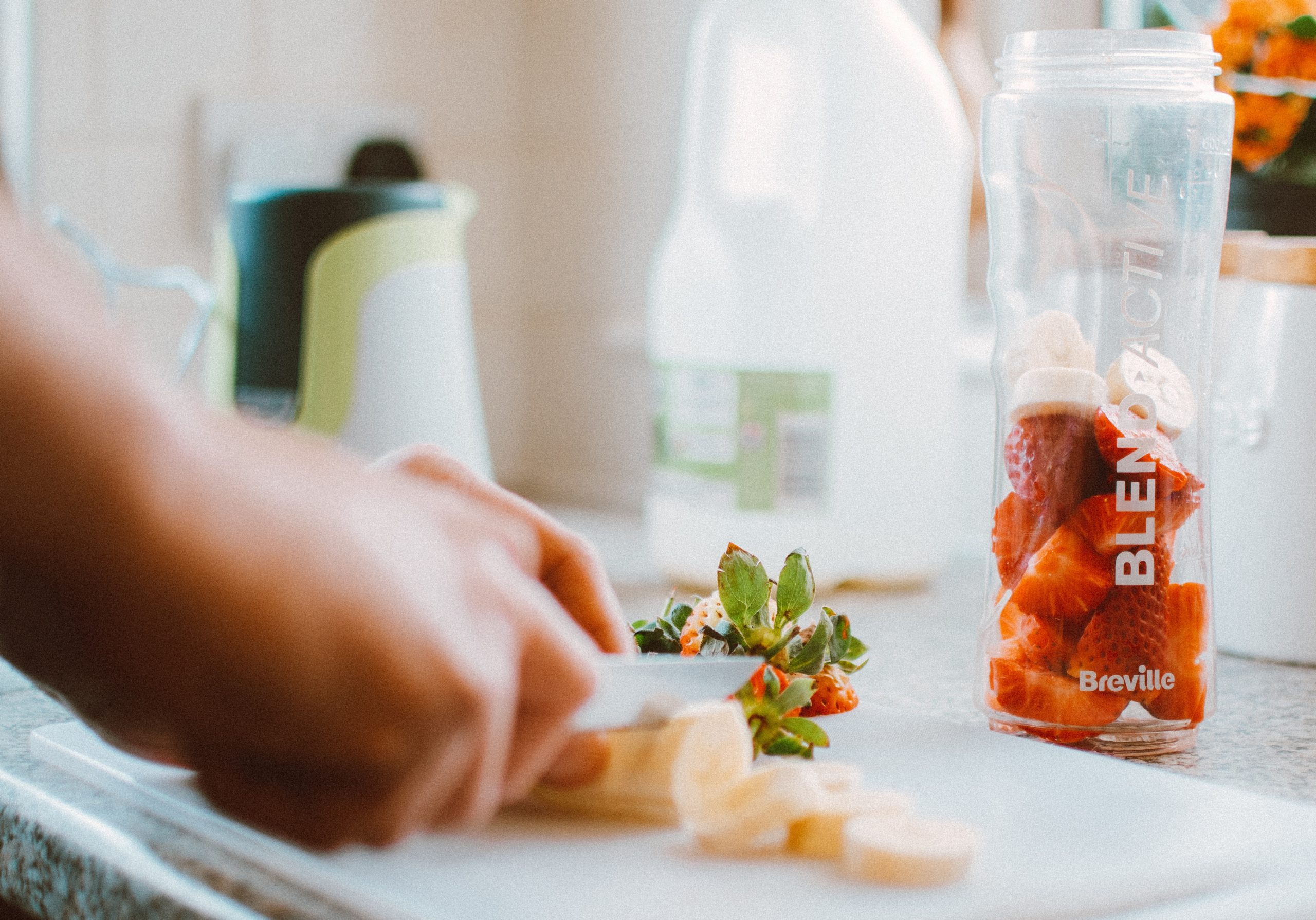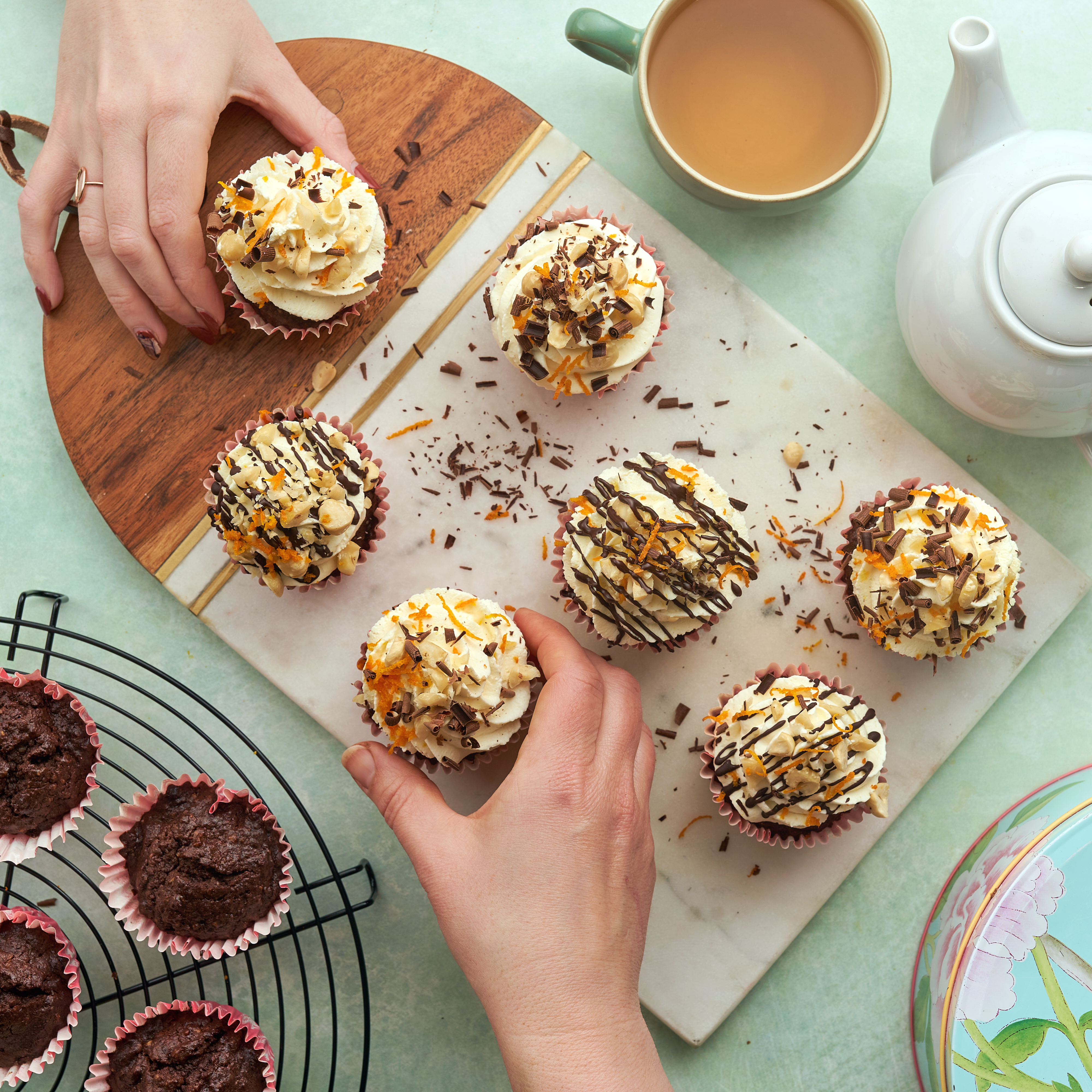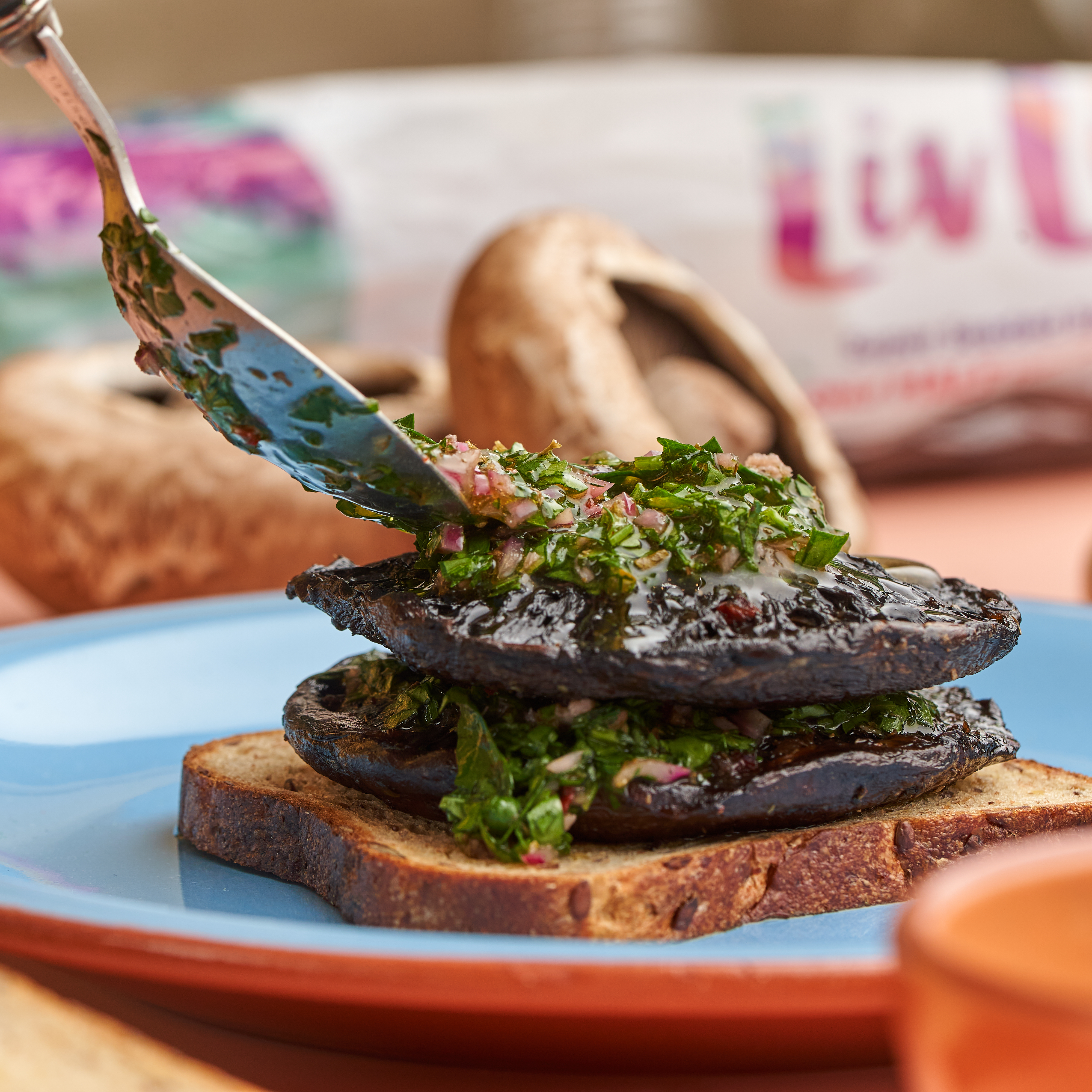At LivLife HQ we’re curious about all elements of wellbeing, always asking and exploring how we can live life better. We all know being active, getting enough sleep and finding a healthy work/life balance supports physical and mental wellbeing, but have you considered how the food you consume affects your mood?
We’ve all been there, seeking comfort in our favourite takeaway, ice cream or bar of chocolate. Instant gratification is hard to beat… and hey we’re not judging – everything in moderation! However, there is scientific evidence to suggest our moods can be influenced by what we eat – with the aftermath of that quick fix often presenting itself as low energy or the dreaded guilt. But the good news is, it works both ways – there really is such a thing as feelgood food!
Studies have shown that 95% of the body’s serotonin (the happy hormone) is found in the gut. Some studies have even gone as far to say the gut acts as the second brain. An imbalance within the gut can send signals to the brain and central nervous system that trigger emotional shifts such as anxiety and depression.
A fascinating trial carried out by SMILEs (Supporting the Modification of lifestyle in Lowered Emotional States) put this theory to the test, investigating how diet affected the mood of participants experiencing depressive symptoms.
The baseline mood and physical health levels were taken for each participant, alongside lifestyle information on factors known to affect mood such as smoking, alcohol intake, education and income. Participants were separated into two groups, with one receiving social support and the other adopting a change in diet. Those in the diet group incorporated high levels of fresh fruit, vegetables, whole grains, legumes, nuts and fish. When the trial was complete, physical and mental assessments revealed the diet group had a much greater reduction in their depressive symptoms over all.
“These results were not explained by changes in physical activity or body weight, but were closely related to the extent of dietary change. In other words, those who improved their diet the most experienced the greatest benefit to their depression.” (Food & Mood Centre)
Healthy gut bacteria also plays a vital role in the production of serotonin levels. Dr Megan Rossi (better known at The Gut Doctor ) suggests a diet high in fibre can help to create the perfect environment for good gut bacteria to thrive, which consequently improves mental health.
“If you nourish the gut bacteria through the right diet, you can improve your mental health.” States Dr. Rossi.
Good things come in small packages. Alongside a diet rich in fibre, you can find magic mood enhancers in the tiniest of places, aka seeds! Pumpkin, sesame and sunflower seeds are a brilliant source of tryptophan, an amino acid responsible for producing mood-boosting serotonin. The additional support of zinc and selenium found in these tiny gems may support brain function and lower your risk of depression.
The good news is that incorporating these feel-good foods into your diet is easy and doesn’t mean a huge lifestyle change. You can make small changes today to increase your fibre and seed intake with LivLife bread. Packed with a tasty mix of linseeds, sunflower and pumpkin seeds, you can up your tryptophan intake whilst increasing your fibre in one easy step; win-win! Join the LivLife community to keep up to date with recipes, nutritional advice and support to put the above into practice and live life, hop on over to Instagram and Facebook to keep in the loop.




